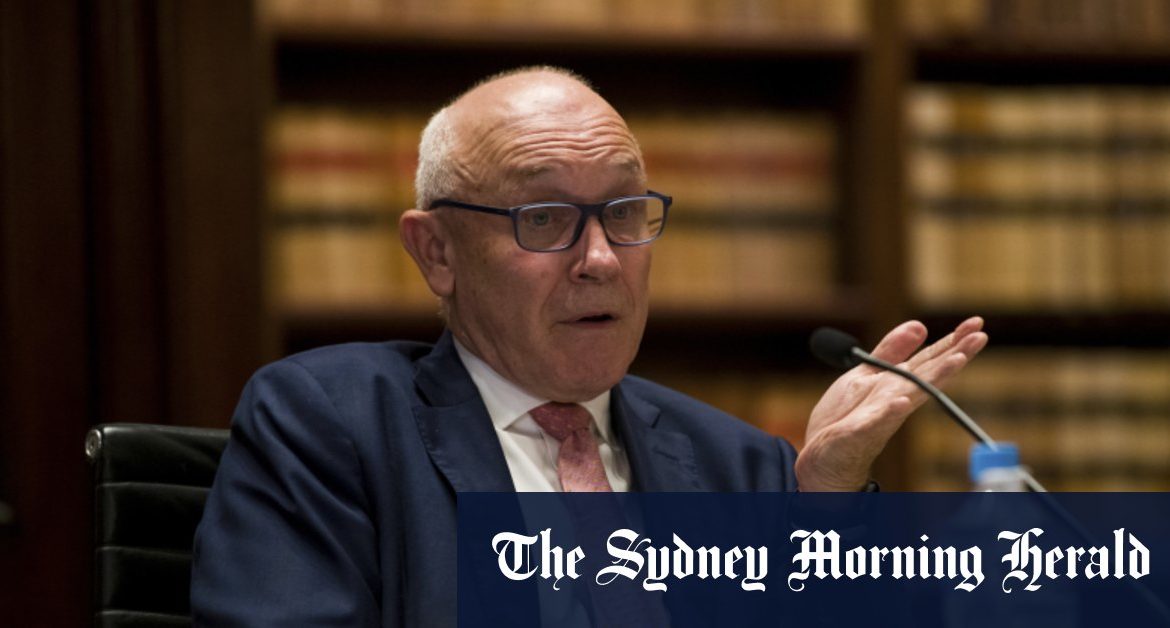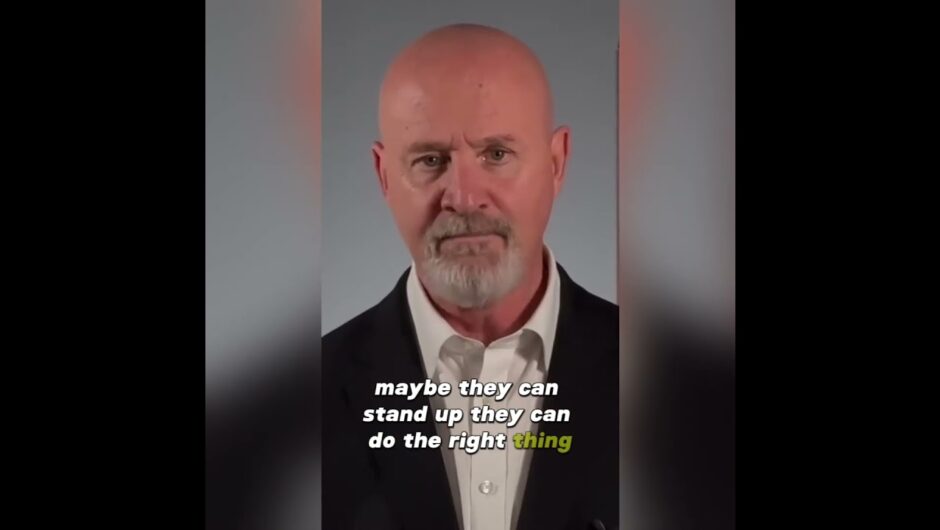The package required landlords and tenants to negotiate in a bid to stop rent strikes or evictions. It included a moratorium on applications for forced evictions due to rental arrears, which will expire on March 27.
Tenants’ Union of NSW chief executive Leo Patterson Ross said only 16 to 20 per cent of residential landlords paid land tax and lower-income renters, including those in industries hit hard by COVID-19 such as tourism and hospitality, were less likely to live in more expensive properties that would have been eligible.
Federal Labor’s spokesman on housing and homelessness said it was “bloody appalling” the NSW government had spent such a small amount helping tenants and landlords.Credit:Alex Ellinghausen
“There was probably a mismatch in the program. It’s just such a limited pool and it’s the [residents of] higher value properties that are less likely to be COVID-affected.”
Mr Patterson Ross believes the government should spend the money on direct financial assistance or low-interest loan schemes to help tenants pay off rental arrears and other debt accumulated during the crisis.
Loading
Opposition spokesman for finance Daniel Mookhey asked Mr Tudehope during budget estimates whether the $300 million-plus still available could help provide relief to those who “face a debt hangover of rent arrears”.
Mr Tudehope replied he was “open to any discussion in respect of assisting small business” and the government was “committed to supporting small businesses and lessees, whether it is residential or commercial”.
On Monday, Mr Tudehope said it was “a demand driven program and the final cost of the land tax relief will not be known until later this year with landlords still able to claim the relief”.
“Up to $440 million was allowed for in the announcement of this COVID-19 relief measure – a generous estimate to ensure there was no risk of anyone missing out. Any surplus will remain in consolidated revenue and will help fund other initiatives as required to help with the economic recovery.”
The state government announced a six-month transition phase once the government’s rental relief scheme ends on March 27.
This will mean tenants and landlords will be able to enter a repayment plan for any rental arrears triggered by the pandemic and tenants can only be evicted if they fail to meet the terms.
Start your day informed
Our Morning Edition newsletter is a curated guide to the most important and interesting stories, analysis and insights. Sign up here.
Megan Gorrey is the Urban Affairs reporter at The Sydney Morning Herald.
Most Viewed in National
Loading







